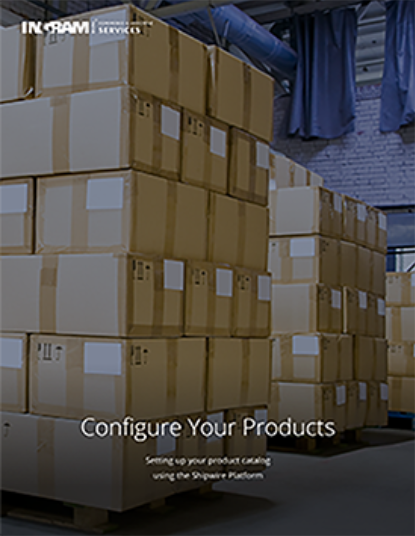| Onboarding Table of Contents | |
|---|---|
|
Part 1: Learning the Basics (This page) |
|
On this page
Shipwire account tour
The Shipwire application interface is intuitive, easy to use, and is made to help you get started with outsourced fulfillment. Here’s a brief overview of the main screens in your Shipwire account:
Product education
What information does Shipwire need about my products?
- Dimensions and Weight – Both product dimensions and weights must be accurate
- Harmonized Tariff Code (HTS) – Product code for international customs: read more
What products does Shipwire not accept?
For a list of products Shipwire does not accept, refer to the Acceptable Use page. Generally, the following products are not permitted:
- Live Plants and Animals
- Alcoholic Beverages
- Ammunition & Firearms
- Tobacco
- Explosive or Hazardous Products
- Unique or One-of-a-Kind Items
- Large lithium battery products – aka fully regulated
What products require pre-approval?
- Products with Transportation Requirements
- High Value Goods (e.g. > $500) or Cash Equivalents
- Big or Heavy Products (e.g. > 24” or > 70 lbs.)
- Adult Products
- Potentially Hazardous Products (e.g. anything with a MSDS, Lithium Batteries, etc.) will be subject to additional documentation and labeling requirements to comply with local customs rules and regulations
Shipwire product types
- Pick and Pack
- We pick and pack all the items into our own packages.
- Pick and Pack rates apply up to 20 items per order.
- The Shipwire platform will determine when it is cheaper to put a multiple item order into a single package.
- Standard and Premium Packaging is available.
- Pre-packaged and Ready-to-Ship
- We apply a shipping label to your product that is packaged to ship.
- The box or mailer needs to be large enough to accommodate a shipping label.
- Inner Packs and Master Cases
- The pick and pack fee to pick an inner pack or master case is the same to pick a base product.
- By placing base products in inner packs and/or master cases, you can avoid paying deposits.
- Reduced fee for fulfillment center transfers.
- Marketing inserts
- Marketing materials inserted into orders.
- $0.20 per insert.
- Learn more
- Read more: Shipping in bulk and how cases work
- Read more: Marketing inserts

Download the Configuring Your Products guide
Our printable Configuring Your Products PDF guide will show you how to set up your product catalog. Learn the best practices and get a step-by-step guide for setting up units and cases.
Packaging education
To help minimize cost and prevent unnecessary errors and damage, follow these packaging guidelines when you send products to one of our fulfillment centers.
How does Shipwire recommend I package my products?
You can read our packaging guidelines on the Packaging best practices page. Here are the general recommendations for packaging:
- Best practice is to treat your products like a Consumer Packaged Good (CPG).
- Apparel should be poly-bagged & labeled (e.g. Bagged & Tagged).
- Protect your products with outer packaging (sending in loose products not advised).
- Products, as packaged, should be able to survive a 4-foot drop test. Learn more.
- Oversized items should be sufficiently packed to withstand pressure incurred during handling.
- Wrap high-value items that are at risk of damage individually.
When sending in inventory that uses an inner pack and master case packaging configuration, ensure the cardboard is sturdy enough for handling and the sealing tape is at least 2″ wide. Heavier master cases (> 70lbs.) require special packaging.
Note: Packaging may require compliance with local laws and regulations.
International education
Shipwire can ship internationally from any of our fulfillment centers. You should use Shipwire fulfillment centers located in-country to eliminate the costs and hassles of cross-border commerce.
Who pays for inbound duty and taxes?
All inventory sent to Shipwire fulfillment centers must be sent “Delivered Duty Paid (DDP)”, meaning free of duties, taxes, or customs. When sending inventory to a Shipwire fulfillment center internationally, you should work with a customs broker, who will coordinate duty and taxes for you.
Is Shipwire the Importer or Record for my inbound shipments?
No. Your company, a subsidiary, or another corporate entity are the importer of record. Shipwire provides helpful import guides for the countries in which we have fulfillment center locations:
What about outbound duty and taxes?
Typically, duties and taxes on international e-commerce orders are paid for by the recipient. Each country has its own laws and regulations regarding import duties
Best practices for international ecommerce?
- Each SKU needs its Harmonized Tariff Schedule (HTS) code entered in your account.
- There is a $1.50 per-order charge for Commercial Invoice preparation.
